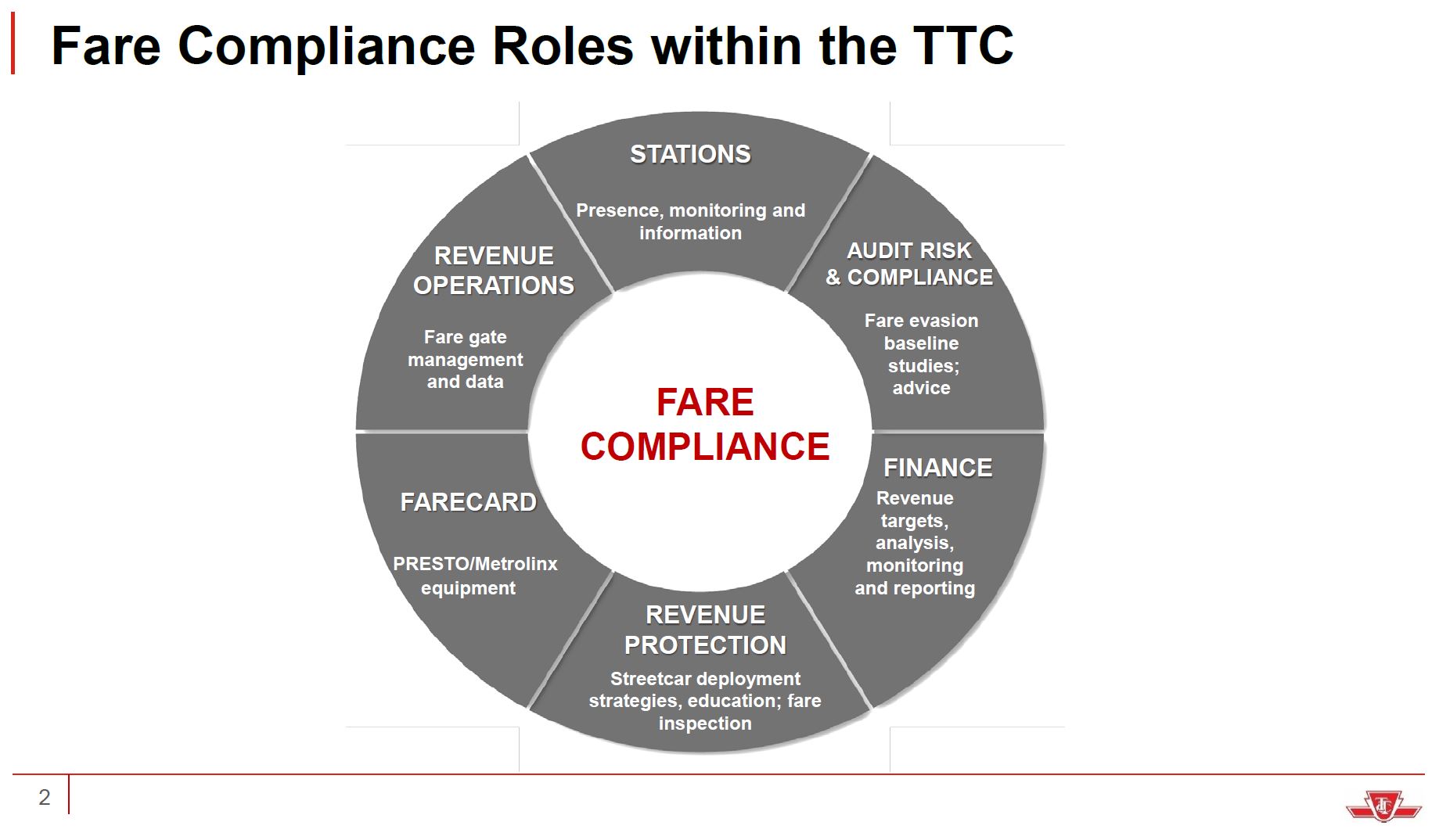News
TTC Audit & Risk Management Committee Faces Challenges in Dealing with Fare Evasion Issue

At the recent meeting of the Toronto Transit Commission’s (TTC) Audit & Risk Management Committee, a detailed staff report concerning fare evasion was discussed. The report highlighted various ongoing efforts and proposed solutions to address the issue at hand. However, concerns were raised during the meeting regarding the committee’s understanding of day-to-day transit operations.
The report outlined a lengthy list of actions aimed at combating fare evasion, with many marked as already implemented or in progress. Despite these efforts, a significant increase in recovered fare revenue has not yet been observed.
One of the fundamental challenges discussed was the habitual fare evasion by certain riders, necessitating changes in passenger flow and enforcement strategies. The dilemma faced by the TTC is finding a balance between reducing opportunities for evasion and deterring non-payment while considering the impact on service efficiency and occasional fare infractions.
An industry report from COMET highlighted key factors affecting fare evasion, shedding light on the scope of the problem within the TTC. Distinct estimates showed higher evasion rates on streetcars due to all-door boarding, leading to substantial revenue losses, particularly on the extensive bus network.
The debate revealed discrepancies in fare inspection practices, with concerns over the low ticketing ratio per inspector per day. The committee deliberated on the effectiveness of fare inspectors, emphasizing the need for a more pervasive presence across the transit system to deter non-payment.
Furthermore, discussions centered on the deployment of fare inspectors, with queries on the optimal number required and their strategic placement to enhance revenue recovery. The committee grappled with the role and powers of fare inspectors, debating between a customer-friendly approach versus a more stringent enforcement mechanism.
Challenges related to multi-door boarding, legacy fares, and cash transactions were also hot topics, highlighting the complexities of fare enforcement and the need for updated systems to streamline the process.
In an effort to address fare evasion, the committee considered various strategies, including potential administrative fees for non-payment and enhanced fare enforcement measures. However, concerns were raised about the practicality and effectiveness of such approaches within the TTC context.
The TTC Board, following the extensive meeting, voted on amended recommendations, including a status update report scheduled for Q1 2025 and additional measures to bolster fare enforcement efforts.
Overall, the challenges faced by the TTC’s Audit & Risk Management Committee underscore the intricacies involved in tackling fare evasion within a complex transit system like Toronto’s. The need for a more informed and nuanced approach to enforcement and revenue recovery remains a pressing issue for the committee moving forward.












